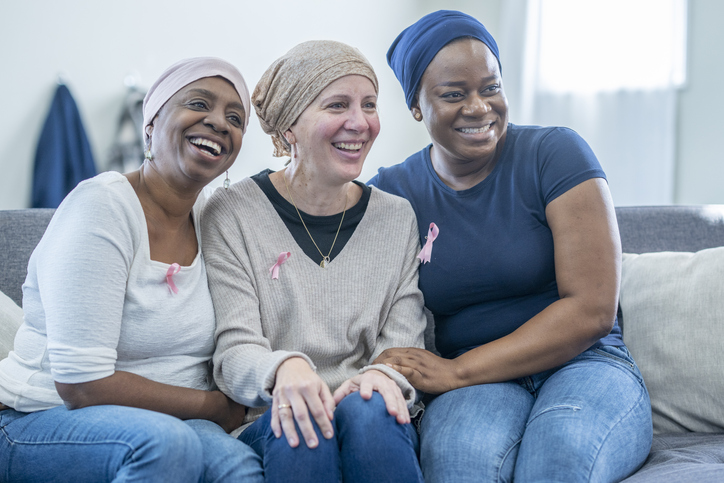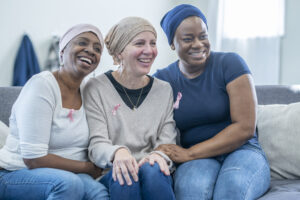
A study at Ohio State University’s Comprehensive Cancer Center found Black women with cancer face increased barriers to genetic testing.
The researchers interviewed 20 Black and 30 white women at high risk of breast cancer to better understand racial differences in decision-making. “In order to determine if a genetic variant detected in an individual is associated with increased cancer risk, other blood relatives, particularly those with cancer, have to be tested,” according to Precision Medicine Online. Regarding genetic testing, Black women were more likely to delay or avoid testing to measure their cancer risk.
“They’re [Black women] not getting screened at the same rate,” said Ohio State University Comprehensive Cancer Center Surgical Oncologist Dr. Bridget Oppong. “They’re showing up with more advanced cancers, and they’re not having the same access to treatment, or they’re not completing the treatments.”
Overrepresentation of European ancestry
Current polygenic risk scores (PRS), which estimate an individual’s genetic risk for some disease or trait, are “validated” through sizable genome-wide association studies, disproportionately comprised of 79% European participants. The overrepresentation of European ancestry has led to study bias. “Therefore, PRS is less applicable to Black patients, as the predictive value declines with genetic divergence,” per a study published in 2020.
Disparities in access to care
About 15% of the Black women reported access to specialists, compared to 70% of the white women. Black women were more likely to get information about genetic testing and cancer prevention procedures from a primary care physician (PCP).
More than three-quarters of Black women reported that their PCP was their “main source” of information about cancer risk and prevention, while one-third of white women found this to be true. However, many PCPs may not have the knowledge or expertise to give accurate answers about cancer risk. Black patients similarly reported that their PCPs rarely initiated conversations about cancer risk, offered fewer details when asked about cancer risk, and rarely discussed risk-reduction options beyond screening.
Financial barriers
Black women’s ability to manage their breast cancer risk is more significantly impacted by financial barriers to genetic testing, including lack of insurance coverage or out-of-pocket costs. Forty percent of Black women interviewed reported they had experienced a time without insurance, compared to just 3% of white women. In addition, 40% of the Black women also described significant financial difficulties coping with health challenges, compared to 3% of whites, and were less likely to describe their health insurance as “excellent” or “very good” than white participants.





